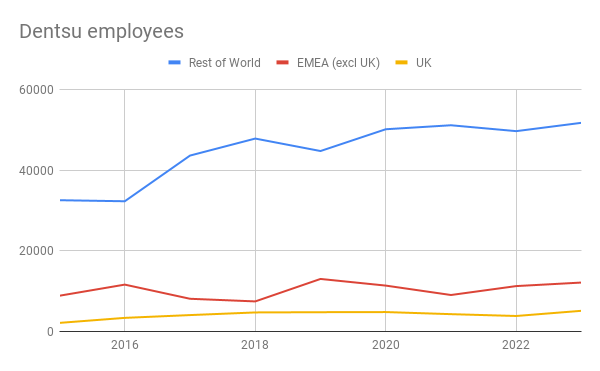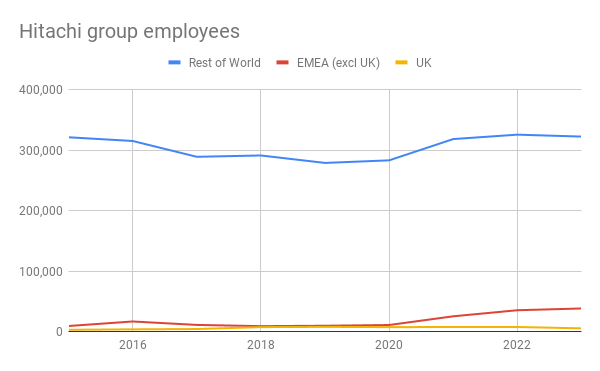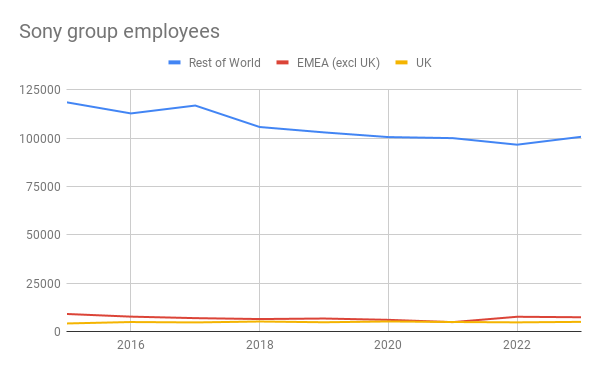Sony Interactive Entertainment to cut jobs and studios in Europe and globally
Sony Group has announced that it will cut approximately 900 jobs, or 8% of Sony Interactive Entertainment’s workforce. The company will reduce the number of employees working at its game development studios in all regions of the world, including Europe, America, Japan, and the Asia-Pacific region.
The layoffs affect a number of PlayStation studios, including Insomniac, Naughty Dog, Guerrilla, Firesprite, and it seems likely PlayStation’s London studio will be closed, following consultation.
London based Newcastle born Sony Interactive Entertainment boss Jim Ryan called it a “difficult day at our company.” He announced his retirement last year, citing the difficulties of living in Europe and working in the USA.
Sony Group’s game business has annual sales of over 4 trillion yen, making it the largest business in terms of sales. However, sales of game consoles are currently sluggish, and profitability declining due to rising development costs. The plan was to sell 25 million units of the PlayStation 5 home game console in the fiscal year ending March 2024, but this was revised downward to 21 million units on February 14th.
This news come during one of the most difficult periods the game industry has ever faced, with mass layoffs throughout 2023 and continuing into 2024.
For more content like this, subscribe to the free Rudlin Consulting Newsletter. 最新の在欧日系企業の状況については無料の月刊Rudlin Consulting ニューズレターにご登録ください。
Read More LinkedIn
LinkedIn YouTube
YouTube


